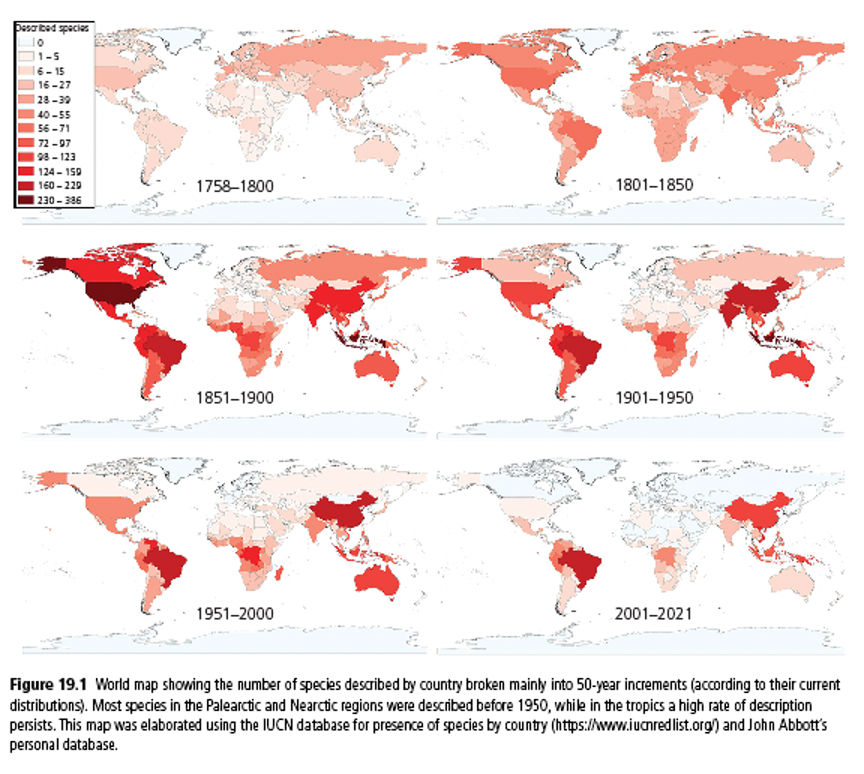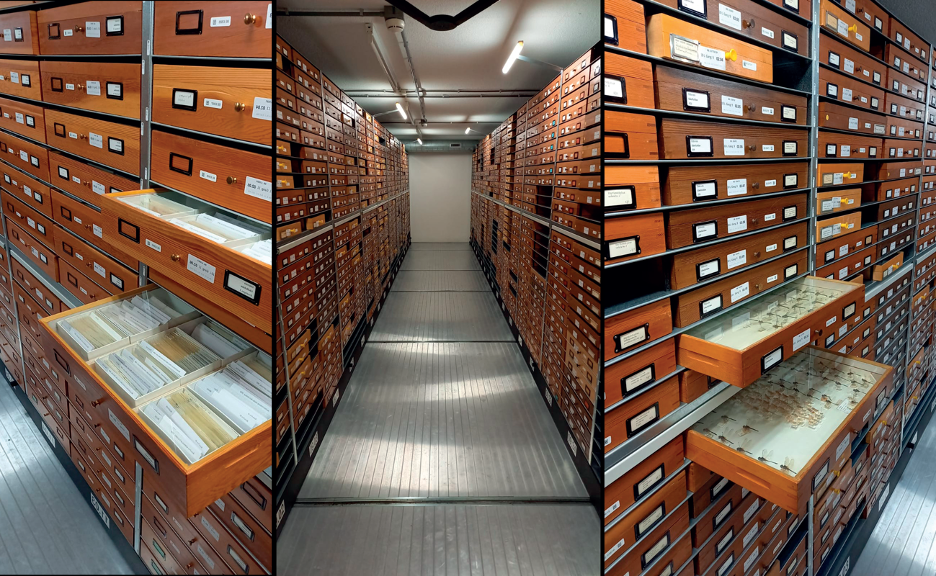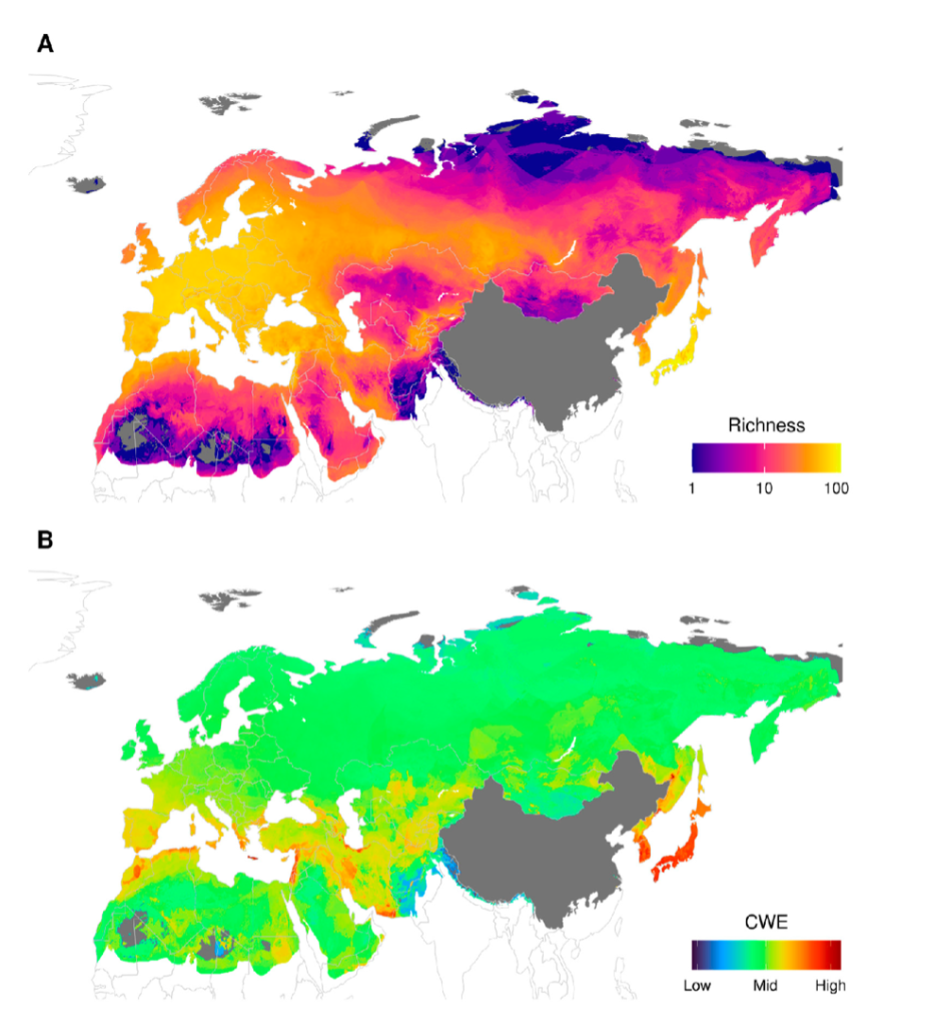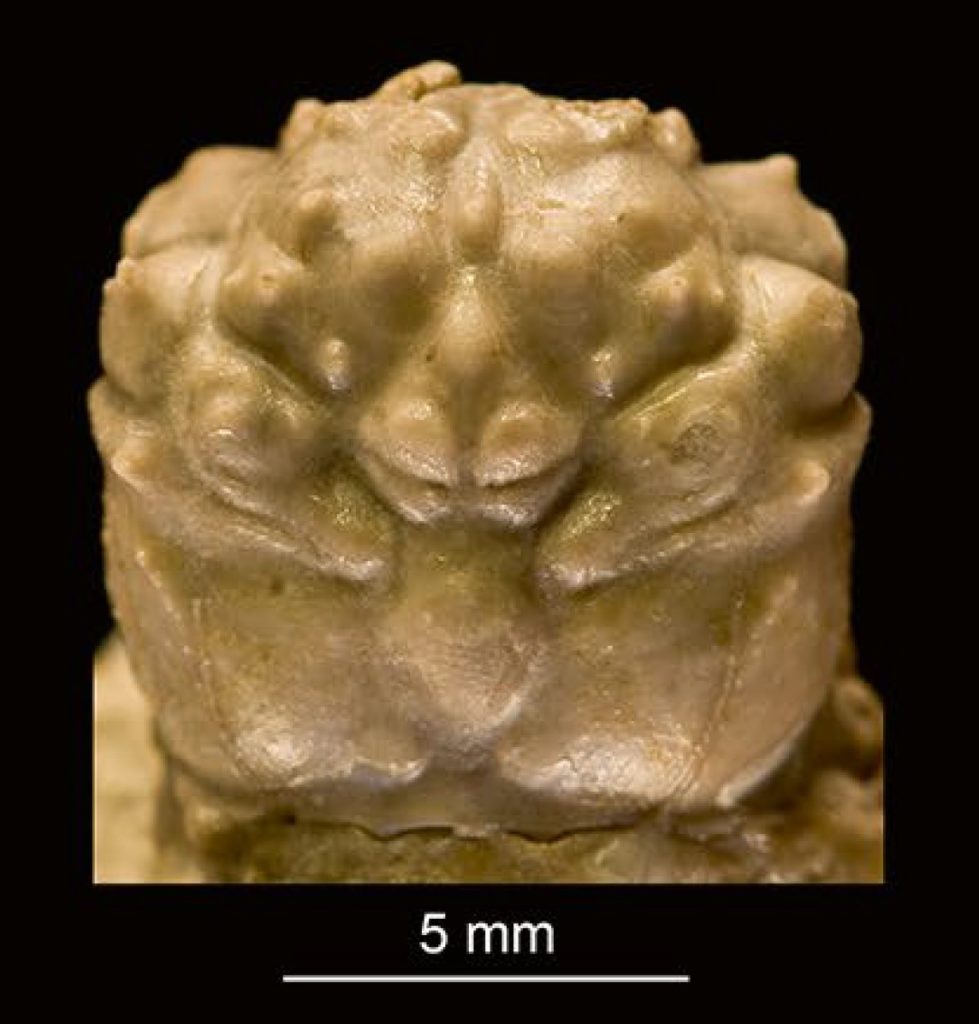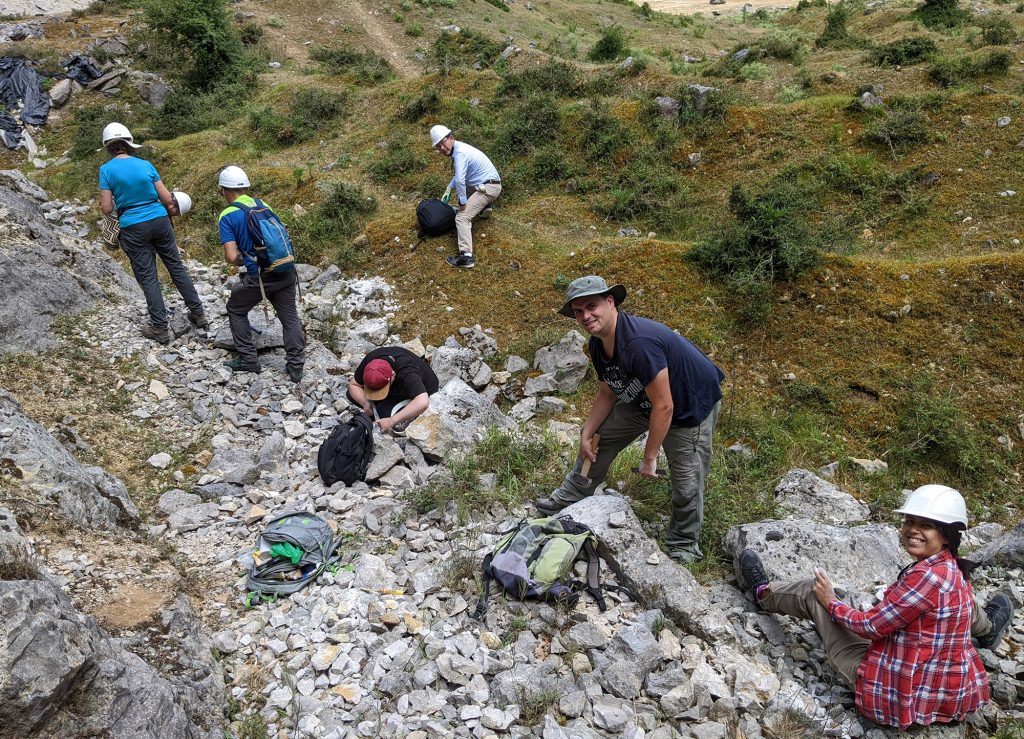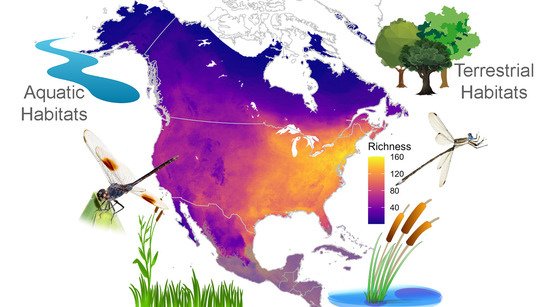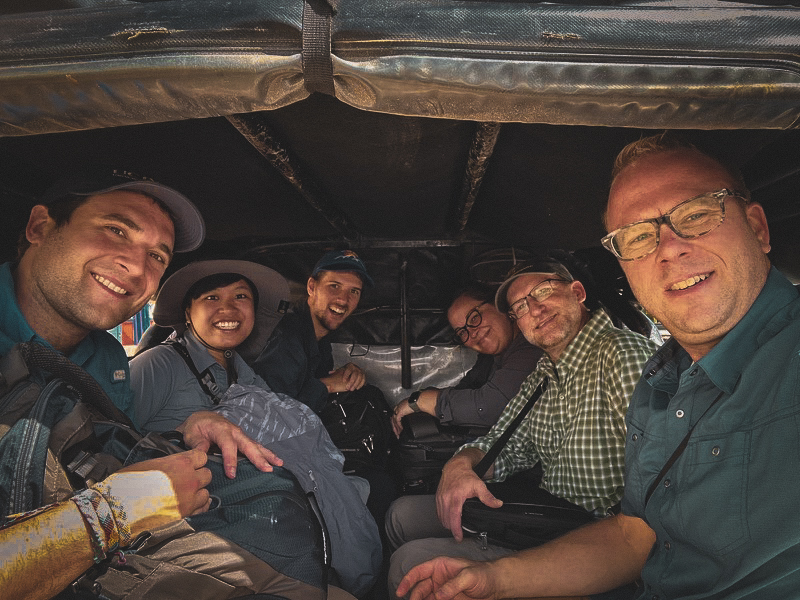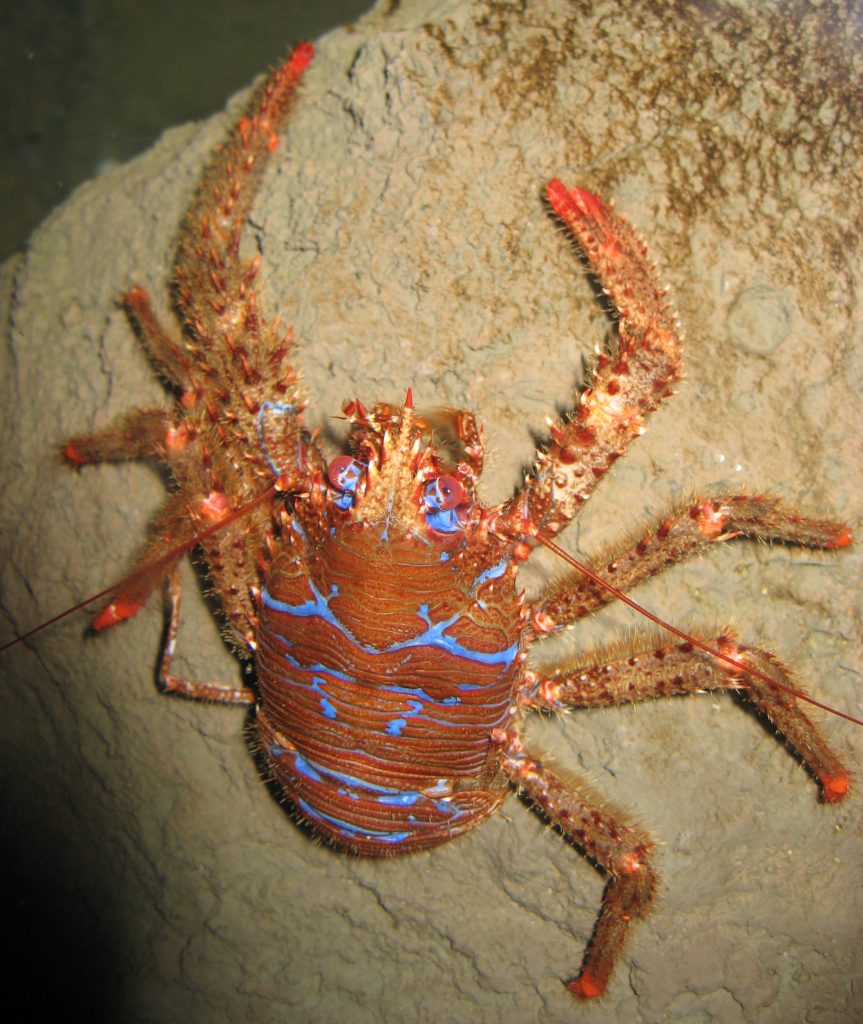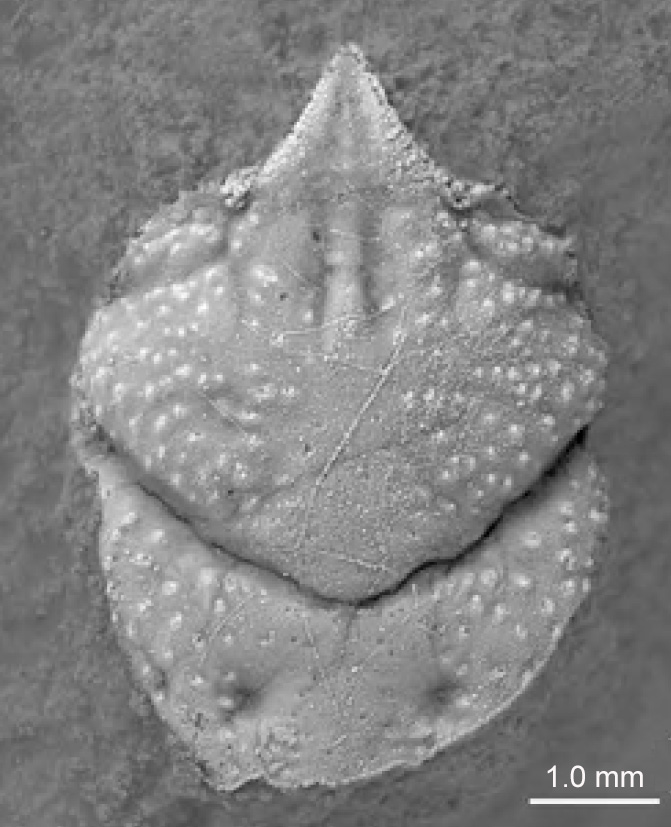In recent decades, a lack of available knowledge about the magnitude, identity and distribution of biodiversity has given way to a taxonomic impediment where species are not being described as fast as the rate of extinction. Using Machine Learning methods based on seven different algorithms (LR, CART, KNN, GNB, LDA, SVM and RFC) we have created an automatic identification approach for odonate genera, through images of wing contours. The training population is composed of the collected specimens that have been […]
Are wing contours good classifiers for automatic identification in Odonata? A view from the Targeted Odonata Wing Digitization (TOWD) project

